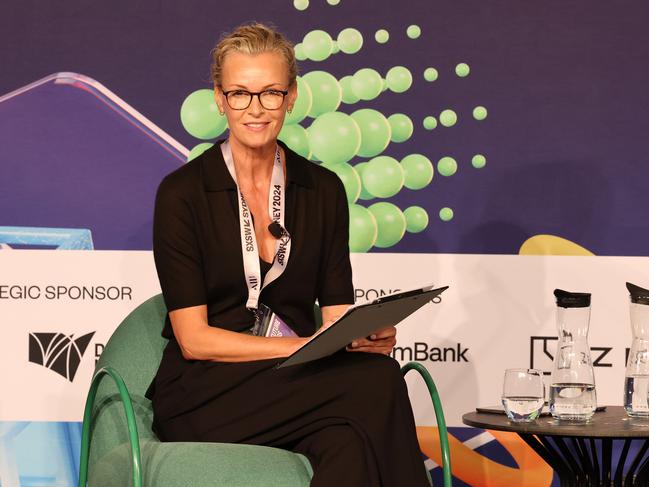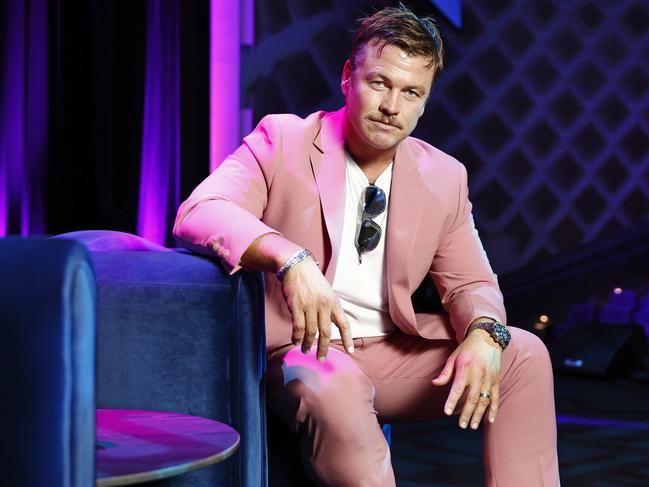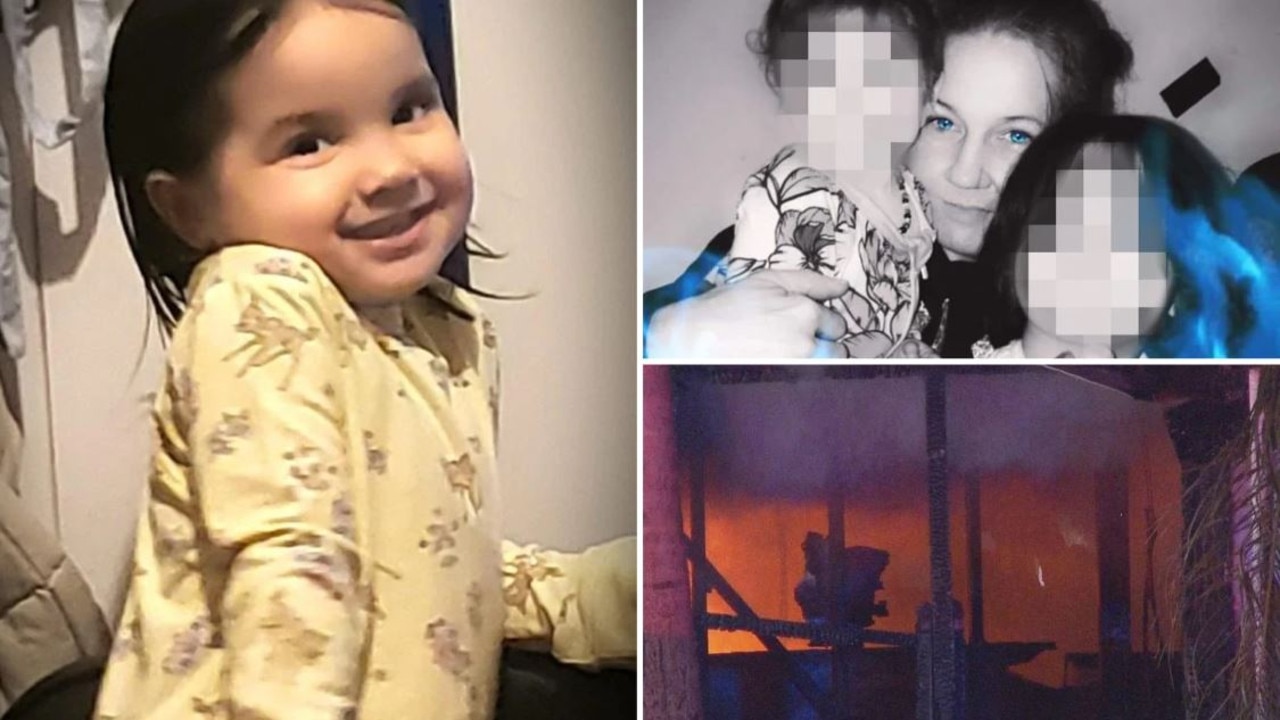A brave new world is within our grasp
A world where disease can be reversed in the womb and extinct animals can be brought back from the dead is just years away.

NSW
Don't miss out on the headlines from NSW. Followed categories will be added to My News.
A world where disease can be reversed in the womb and extinct animals can be brought back from the dead is just years away.
This was the message at South by Southwest Sydney yesterday in two panels dedicated to talks on how DNA, genome, data science and AI research is undergoing explosive change.
One panel was moderated by Sarah Murdoch, a champion of medical research and genomic medicine and Co-Chair and Global Ambassador of Murdoch Children’s Research Institute (MCRI).
Mrs Murdoch said: “A revolution is about to happen in the way that we diagnose, in the way we treat disease. It’s unlike anything we could have imagined only a few years ago”.
Speaking to world-renowned genomics expert Daniel MacArthur, DeepMind AI researcher Clare Bycroft, and stem cell therapeutics developer Enzo Porrello, Mrs Murdoch asked how scientists are transforming lives through DNA research.

“We have started to sequence hundreds of thousands of human genomes, and it became clear just how quickly we will be able to move from being able to generate data to actually make changes to human life,” said Professor MacArthur.
A key part of this advancement is ensuring scientists have a large pool of diverse DNA. It’s why Professor MacArthur, also leads the OurDNA project at MCRI and is on a mission to collect genetic data from diverse cultural and ethnic backgrounds.
While rare diseases often result from uncommon DNA mutations, existing DNA databases primarily contain data from individuals of European ancestry, leaving many Australians – particularly those from non-European backgrounds – without the benefit of accurate diagnoses or tailored treatments.

“Australia is home to one of the most multicultural populations in the world, yet our representation in global genetic research has been shockingly low,” said Professor MacArthur. “By focusing on diversity, the OurDNAproject has the potential to transform the way we diagnose and treat rare diseases.”
He said developments in technology mean scientists can start to think about “writing and editing human biology to start to cure disease”.
In another session, led by actor Luke Hemsworth, scientists from Colossal Laboratories detailed how they are working to reverse extinction. Ben Lamm, CEO of Colossal Biosciences and Dr Andrew Pask, Colossal Adviser and Head of the Thylacine Integrated Genomic Restoration Research Laboratory, revealed they made significant progress in bringing back the Tasmanian tiger.
Originally published as A brave new world is within our grasp



